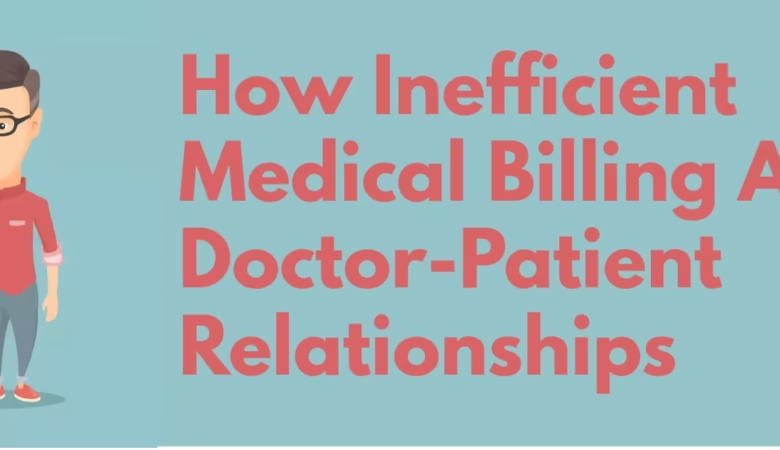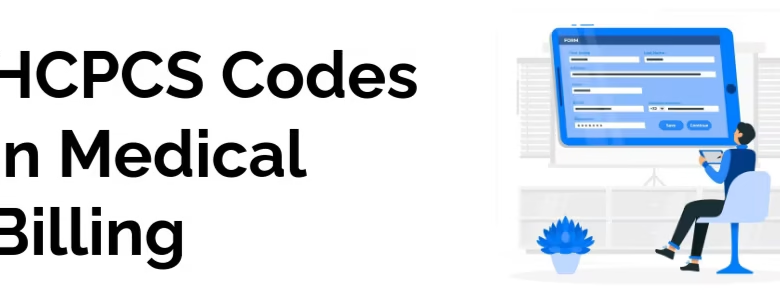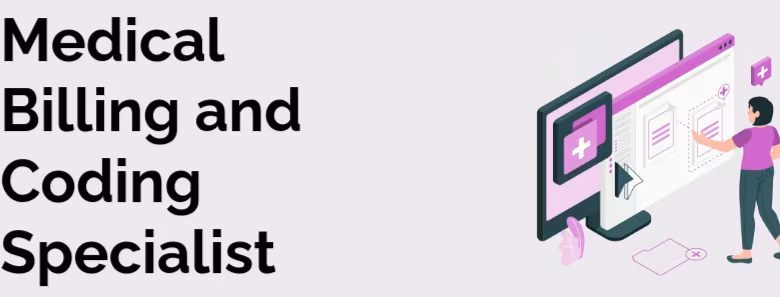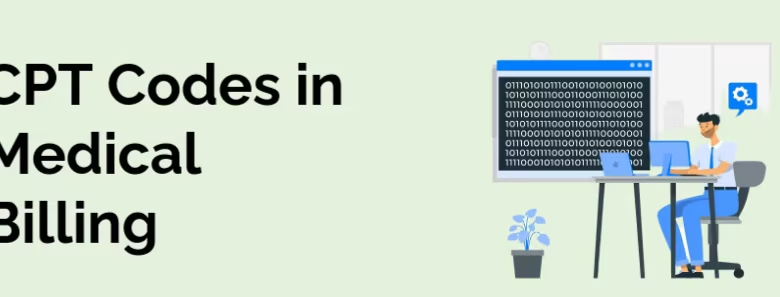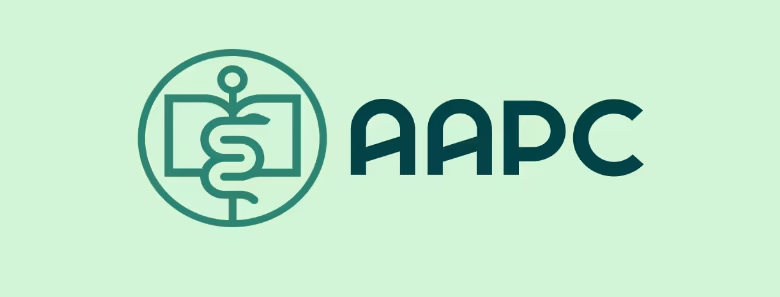How Inefficient Medical Billing Affects Doctor-Patient Relationship?
Introduction Medical billing plays a crucial role in the healthcare industry, ensuring that healthcare providers receive timely service payments. However, inefficient medical billing practices can create significant problems for both doctors and patients. In the USA, the complexities of medical billing often lead to delayed payments, billing errors, and disputes, negatively impacting the doctor-patient relationship. In this article, we will explore how inefficient medical billing affects doctor-patient relationships, focusing on the challenges faced by healthcare providers and patients in the USA. We will also discuss how outsourcing medical billing in the USA can solve these problems. Finally, we will highlight the benefits of partnering with a trusted medical billing company like RevMax Healthcare to ensure seamless revenue cycle management. Also Read: Best Medical Billing Companies in USA Understanding Medical Billing Inefficiencies Medical billing inefficiencies arise from various issues, including coding errors, insurance claim denials, and delays in processing payments. These inefficiencies create unnecessary stress for doctors and patients, leading to dissatisfaction and frustration. Common Issues in Medical Billing Incorrect Coding and Documentation Errors Mistakes in medical coding result in claim denials or underpayments. Physicians and their staff often struggle to keep up-to-date with changing coding guidelines. Insurance Claim Denials and Delays Insurance companies frequently deny claims due to missing or incorrect information. Resubmitting denied claims increases administrative workload and delays payments. Lack of Transparency in Billing Patients often find medical bills confusing due to unclear charges. Lack of proper communication leads to distrust and disputes over payments. High Administrative Burden on Healthcare Providers Doctors spend more time handling billing issues rather than focusing on patient care. Increased administrative burden leads to physician burnout. Also Read: Best Medical Coding Companies in USA Impact of Inefficient Medical Billing on Doctor-Patient Relationships Financial Stress and Patient Dissatisfaction Medical billing inefficiencies, such as incorrect charges, coding errors, and delayed insurance claims, can lead to financial uncertainty for patients. Unexpected medical bills or excessive out-of-pocket expenses can cause frustration and dissatisfaction, ultimately straining the trust between patients and their doctors. Administrative Burdens on Healthcare Providers Doctors and their administrative staff often spend a significant amount of time handling billing-related disputes, insurance claims, and payment collections. This diverts attention from patient care, leading to longer wait times, reduced quality of service, and potential burnout among healthcare professionals. Lack of Transparency in Medical Costs When billing is inefficient, patients may receive unclear or incorrect invoices. The lack of transparency in medical expenses can make patients feel misled, resulting in negative reviews and a damaged reputation for healthcare providers. Delayed or Denied Insurance Claims Insurance claim denials due to incorrect coding or incomplete documentation can delay payments and lead to disputes between patients and medical providers. Such issues create additional stress for patients who may already be dealing with health concerns. Legal and Compliance Risks Billing inaccuracies can result in compliance issues, leading to legal complications. Incorrect billing practices can trigger audits, fines, or lawsuits, further straining the doctor-patient relationship. Loss of Trust Between Doctors and Patients Patients receiving unexpected or incorrect medical bills may feel misled or overcharged, leading to a loss of trust in their healthcare providers. Trust is essential in healthcare, and it is difficult to restore once it is broken. Reduced Patient Satisfaction Patients expect a seamless healthcare experience, including billing. If the billing process is complicated, patients may feel frustrated and dissatisfied with their overall healthcare experience, leading them to seek care elsewhere. Increased Administrative Work for Healthcare Providers Doctors and healthcare facilities that manage their own billing often face administrative overload. Instead of focusing on patient care, they spend excessive time dealing with billing disputes, insurance companies, and resubmitting denied claims. Also Read: Medical Billing and Coding in Texas How Inefficient Medical Billing Affects Doctor-Patient Relationship in USA? Unique Challenges in the USA Healthcare System The USA has a complex healthcare system that relies heavily on insurance providers, making medical billing a critical component of healthcare operations. Here are some key challenges in the USA related to inefficient medical billing: Complicated Insurance Policies Patients often struggle to understand their insurance coverage and out-of-pocket expenses. Healthcare providers spend valuable time verifying insurance details and handling claim disputes. High Cost of Medical Services Medical expenses in the USA are among the highest in the world. Billing errors can significantly increase financial strain on patients, leading to dissatisfaction. Regulatory Compliance Challenges The USA healthcare system is governed by strict regulations such as HIPAA and Medicare policies. Non-compliance with billing regulations can result in legal issues and financial penalties for healthcare providers. Frequent Billing Frauds and Errors Fraudulent billing practices and errors contribute to increased healthcare costs. Patients who experience fraudulent billing may lose confidence in their healthcare providers. Also Read: Medical Billing Process The Solution: Outsourcing Medical Billing in USA Given the challenges associated with medical billing, outsourcing medical billing in the USA has emerged as an effective solution for healthcare providers. By outsourcing to a reliable medical billing company like RevMax Healthcare, medical practices can improve efficiency, reduce errors, and enhance patient satisfaction. Benefits of Outsourcing Medical Billing Reduced Administrative Burden Allows doctors to focus on patient care rather than billing concerns. Streamlines revenue cycle management for increased efficiency. Improved Accuracy and Compliance Professional medical billing companies ensure error-free coding and billing. Compliance with healthcare regulations reduces the risk of penalties. Faster Claim Processing and Payments Outsourcing ensures timely claim submissions and follow-ups. Minimizes claim denials and accelerates reimbursements. Cost Savings for Healthcare Providers Reduces the need for in-house billing staff and infrastructure. Outsourcing is often more cost-effective than managing billing internally. Enhanced Patient Experience Transparent and accurate billing improves patient trust and satisfaction. Reduces billing disputes and enhances the overall healthcare experience. Also Read: How to Improve Patient Satisfaction? Why Choose RevMax Healthcare for Medical Billing Services? RevMax Healthcare is a trusted name in medical billing services in the USA. With a team of experts dedicated to streamlining medical billing processes, RevMax Healthcare helps healthcare providers improve revenue cycle management and enhance
